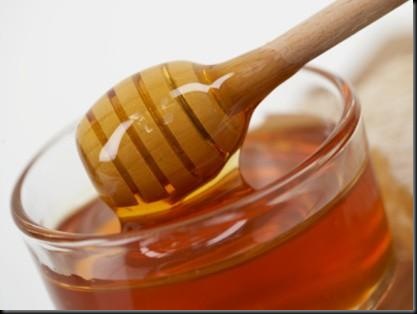Medical grade honey may be used to prevent or treat infections of skin, burns, catheters and other skin-penetrating medical devices.
Medical grade honey kills antibiotic-resistant bacteria grown in the test tube and eradicates antibiotic-resistant bacteria "colonies" on the skin of healthy volunteers, Dutch researchers report.
Given these findings, senior investigator Dr Sebastian A.J. Zaat said, "Medical grade honey might be used to prevent or treat infections of skin, burns, catheters and other skin-penetrating medical devices."
Honey, they point out, has been used since ancient times to successfully treat infected wounds. Moreover, there have been no reports of antibiotic resistance to honey.
However, large variation in the antibacterial property of various honeys has hampered current medical acceptance.
To investigate further, the researchers tested the antibacterial activity of the medical grade honey called Revamil (Bfactory), which is produced in greenhouses under standardised conditions.
They found that antibiotic-susceptible and antibiotic-resistant isolates of several common bacteria, including Staphylococcus aureus and E. coli, were killed within 24 hours after incubation with the honey.
They also found that the honey decreases the ability of these microbes to "colonise" the skin of healthy volunteers.
After applying honey for 48 hours to "bacteria-laden" patches of forearm skin, the extent of skin colonisation was reduced 100-fold.
Moreover, 81 per cent of the honey-treated skin patches yielded negative skin culture results compared to 21 per cent of control patches.
Following these encouraging results, continued Zaat, "We are presently investigating whether honey can be used to prevent line sepsis in intensive care patients. This potentially life - threatening infection is often caused by bacteria from the skin, which can be eradicated with honey."
Source:Mindfood

No comments:
Post a Comment